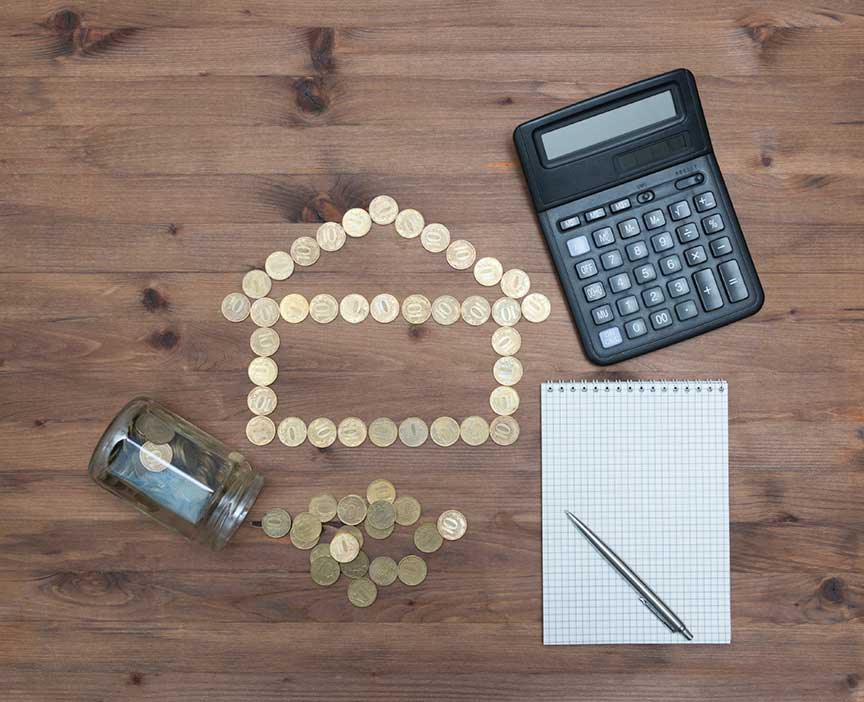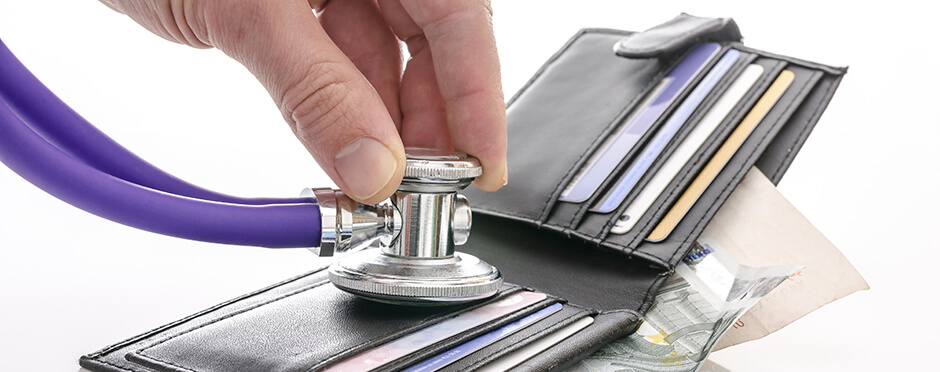
Financial well-being October 26, 2015 By
Like every house, every homeowner and loan is different. That’s why it’s important you make an informed decision, understanding if and when it makes sense to refinance your home mortgage.
Common reasons people refinance their homes:
- To lower the existing interest rate on the mortgage
- To reduce or increase the term on the mortgage
- To switch mortgage programs, such as going from an adjustable rate mortgage (ARM) to a fixed rate mortgage or vice versa
- To “buy out” another party on the title, such as a spouse
- To take equity from the value of your home
While all of these are valid reasons for refinancing, there are many things to think through to avoid making a mistake. Be sure to consider the following:
How long do you plan to live in the house? Refinancing costs money. According to a national study, it costs an average of $3,754 to refinance a $200,000 mortgage. Make sure you will be in the house long enough to recoup that cost. In this instance, it would take roughly 24 months—assuming a monthly reduction in mortgage payment of $157—to recoup the costs incurred in refinancing.
If you are only planning to stay in your current home for a short time, it might make sense to review an ARM loan. ARMs typically have lower interest rates than 30-year fixed rate loans.
What is your goal in refinancing? If it’s only to get a lower rate, you may want to reconsider. Depending on how long you have paid on your current mortgage, you might be increasing the amount of overall interest you pay over the life of the loan.
Estimate the benefits of refinancing with our Should I Refinance? calculator.
For example, if you have a 30-year mortgage and you have paid on the mortgage for 10 years, a large portion of those early payments went toward the interest owed on the mortgage versus the principle balance. Once you reach the later term of a mortgage, a larger percentage of the payment is applied to the principle balance, which creates equity in your house. By refinancing and extending the term, you increase the amount of interest you pay over the life of both mortgages and possibly lower the equity in your home if you roll in any costs to the new mortgage. It’s important to compare an amortization schedule on your current mortgage to one on a new mortgage to make sure you are making the right decision.
Should you take equity out of your house by doing a cash-out refinance? For some borrowers, taking cash out is a good option to reduce their overall monthly debt. If you have credit card debt with a high interest rate that you are unable to pay off with savings, you may want to take equity from your home to pay off these debts while borrowing the money at a lower interest rate than typically charged on credit cards. However, it’s important to determine the balance: The refinance rate may be lower, but the overall interest might be higher if you consider the interest accrued for the life of the loan.
What is typically not a good decision to make is to take out cash from your home for unnecessary expenditures, such as a vacation. It’s important to weigh any cash-out refinancing decisions by looking at the long-term benefits and costs related to removing equity from your home.
If you are considering a refinance, a First United Mortgage Consultant would be happy to walk you through all of these questions to make sure you are making the financial decision that is best for you.




